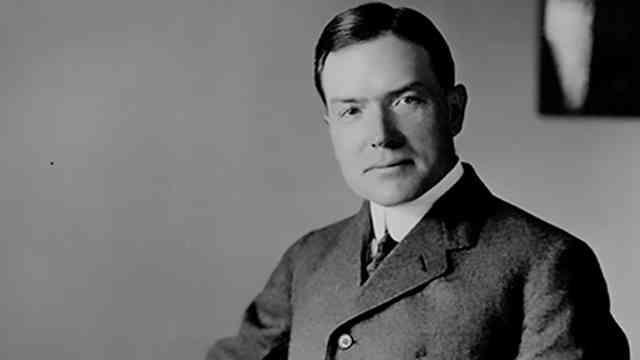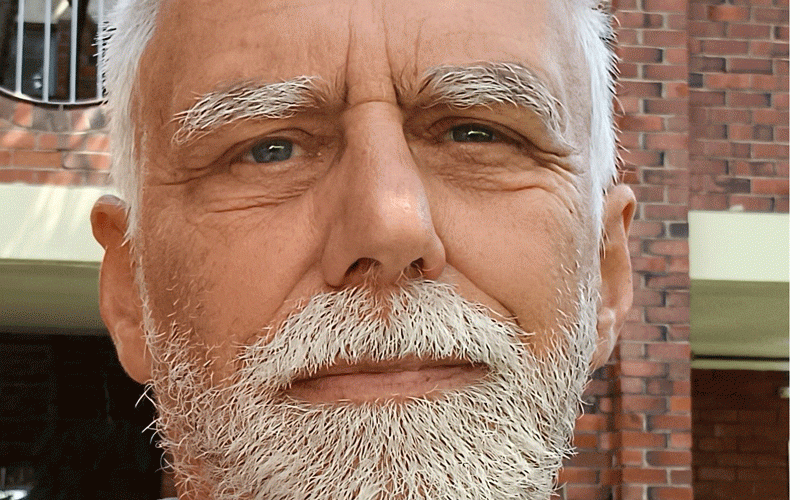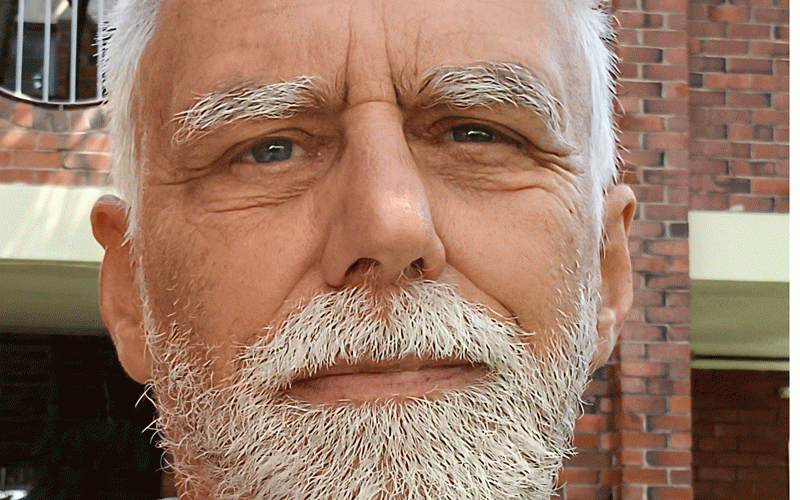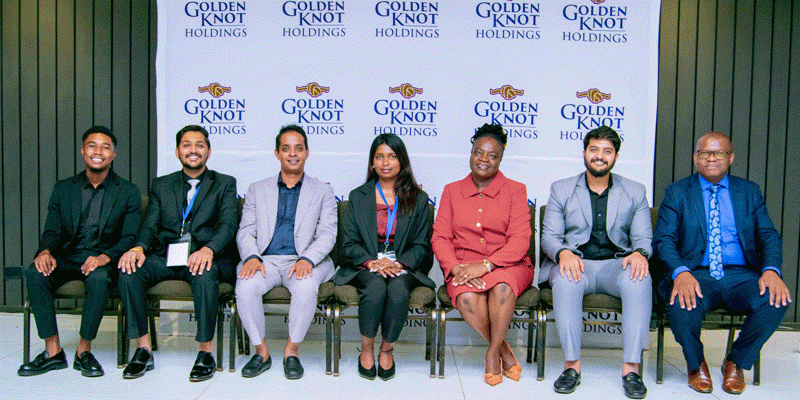
Some things just go together; it would be unthinkable for one to be seen without the other. Think of sadza and relish, black and white, strawberry and cream, English and Maths, salt and pepper, male and female. There are two sides to a coin, with different pictures on each side. So it is that we must recognise that Rights without Responsibilities is only half the story. Edison Haines wrote that “With every civil right there has to be a corresponding civil obligation” while John D. Rockefeller, Junior, said, “I believe that every right implies a responsibility; every opportunity, an obligation; every possession, a duty.” If we want our Rights (as we all do), then we must accept our Responsibilities.
Sadly, this is generally forgotten in our modern “Gimme, gimme, gimme” society; we want no talk of responsibility. Now we will probably all know what is meant by responsibility. Most will think of it as ‘duty’ but it is more than that. In one sense, responsibility (response-ability) is quite simply the ability to respond. That raises a question, though: what is the question to which are we to respond? Very simply, responsibility is the ability to respond in the right way, without being told, for the right reason, at all times (even away from school), to all situations (success, failure, indifference). How we respond matters, whether it be to questions, challenges, examples, encouragement, requests or commands. Arthur Vogel has said “There can be no true response without responsibility; there can be no responsibility without response.” Response goes with responsibility.
More specifically, we all have responsibility in two major areas. Firstly, we have the responsibility for our own actions. No matter what situation we face, or what opportunities we are given, we must accept responsibility for what we do in response. The poet, Epictetus, from classical times wrote that “God has entrusted me with myself” yet modern society loves to play the Blame Game; we blame everyone else for what goes wrong, other than ourselves. Adam started it when he blamed both God and Eve in one simple sentence: he would not accept that he simply should have said “No!” Eve took up the theme when she blamed the devil and we have all been blaming others ever since; individuals, teams, governments. It is always someone else’s fault. We will blame schools, society, parents, the situation in Zimbabwe – anyone but the one person responsible.
In order for us to take responsibility for our own actions, we must admit our mistakes. Ken Keyes, Junior, wrote “You are not responsible for the programming you picked up in childhood. However, as an adult, you are one hundred per cent responsible for fixing it.” Secondly, we must change our ways. “You must take personal responsibility. You cannot change the circumstances, the seasons, or the wind, but you can change yourself.” (Jim Rohn). This is one of the most important lessons we have to teach our youngsters – they must accept responsibility for their own actions.
We also have the responsibility for our fellow humans. The poet, John Donne, wrote way back in the seventeenth century, “No man is an island” and that remains true today. We are to love one another - and not just those who love us. We are to love our enemies as well. Society is like a body, where all parts need each other; if one part suffers, all suffer, so we should all work hard to ensure that no-one suffers. Schools are very keen to develop leadership, with the emphasis on the leaders being the responsible ones. However, all pupils must be responsible and if that happens, then the leaders can lead instead of police and nanny pupils. William Pollard said that “It is the responsibility of leadership to provide opportunity, and the responsibility of individuals to contribute.” All pupils, not just leaders, are to be responsible for what happens at school – and society. Pupils need to understand the right answer to Cain’s question, “Am I my brother’s keeper?” Yes, we are!
We are all responsible for each other’s development. It is not enough for us to keep out of trouble; we must actively help others to keep out of trouble. We are all responsible for their protection. We cannot sit idly by watching others do wrong and say nothing. We cannot simply turn a blind eye. We must therefore equip our youngsters to be able to respond correctly, wisely, appropriately, sensitively, honestly, to winning and losing, to bullying and caring, to success and failure, to rights and responsibilities. That is why they are at school, to learn to respond. Far more important than their academic or sporting ability is their response-ability. How will we respond?
- Tim Middleton is the executive director of the Association of Trust Schools [ATS]. The views expressed in this article, however, are solely those of the author in his private capacity and do not necessarily represent the views of the ATS.
- Email: tim@atszim.org website: atszim.org










